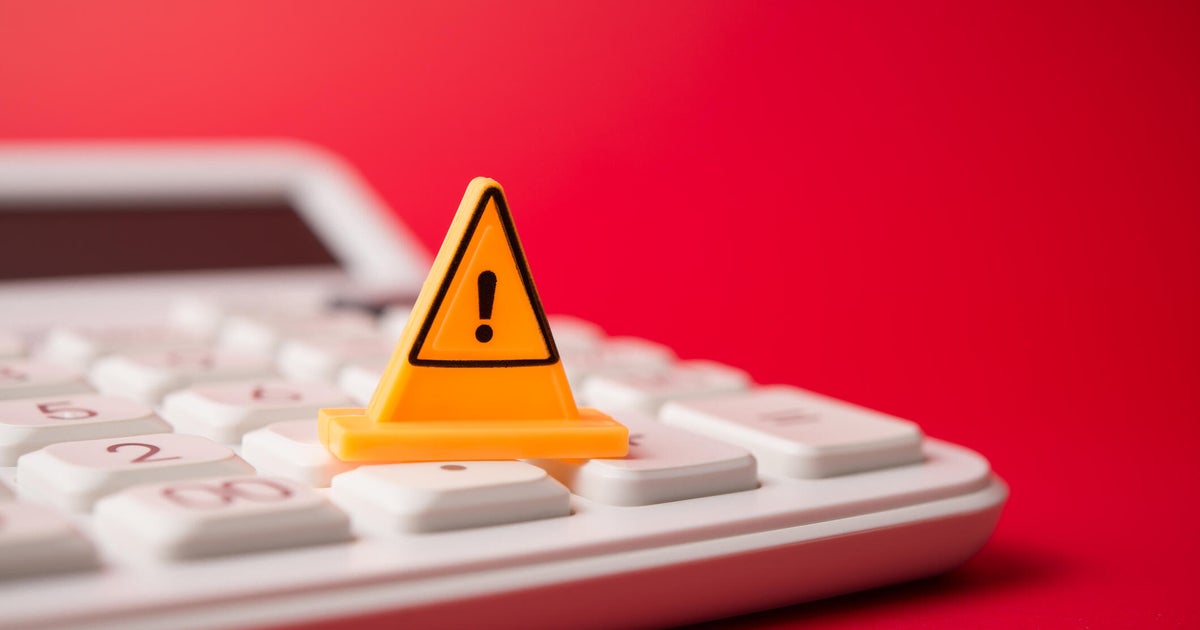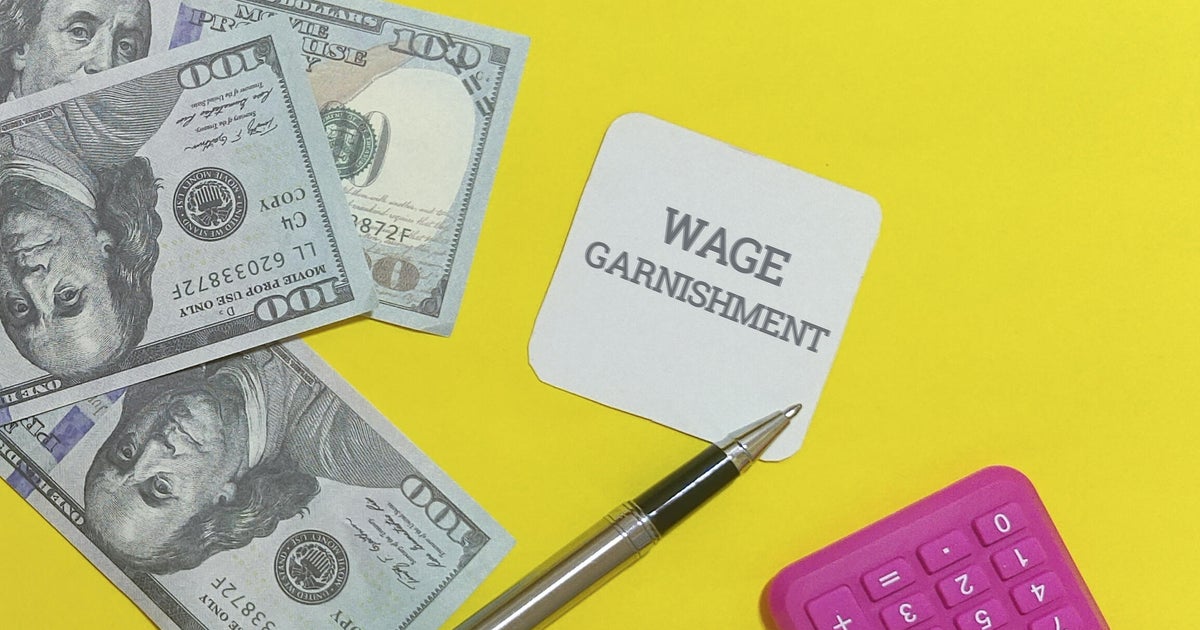How college students can build credit without going into debt
Your credit score is more than just a random number. It's also a factor when you want to buy a car, rent an apartment, or purchase a house, among other goals. When you need to borrow money to achieve a financial goal, there's a strong chance your credit score will come into play.
By building credit in college, you can improve your odds of approval for rentals, loans and credit cards on your own, without relying on a parent or guardian co-signer.
You can start establishing credit once you're 18 years or older.
If you have poor credit - or haven't established enough history - you can start improving it today with the help of a credit repair expert.
Many students, meantime, are discouraged from getting credit because of the potential to overspend at a time when they may not have stable or sufficient income. But with solid planning and responsible credit card use, you may begin building credit in college. There are several ways college students can build credit. Here's how:
Make on-time payments on a student loan
According to the Consumer Finance Protection Bureau (CFPB), your credit score predicts how likely you are to repay a loan on time. If you demonstrate you can responsibly manage credit by making consistent and on-time payments, your credit may improve. Start by making student loan payments, even if your loan only calls for you to pay the interest while you're in school.
Become an authorized user
Another way to establish credit while in college is to have your parents or guardian add you as an authorized user on their account. By becoming an authorized user, you'll have your own credit card and access to the primary cardholder's line of credit. Still, you won't bear any legal responsibility for making the payments on the credit card.
You don't have to make charges on the card or even possess a physical credit card to receive the benefits of timely payments on the account. On the other hand, a late or missed payment by the primary cardholder could negatively impact your credit score.
If this happens you may want to pull your credit report and start working on improving it, where you can.
Open a student credit card or secured credit card
Many credit card issuers offer student credit cards aimed at meeting the needs of college students. Generally, these credit cards don't require a credit history to qualify and often offer attractive perks for college students, like a free year of Amazon Prime or a one-time late-payment fee waiver.
While you'll owe money for the debts and services you charge on your credit card, you can avoid interest charges and zero out your balance by paying your balance in full each month before your due date.
Another credit-building option is to open a secured credit card. You're almost certain to qualify for a secured credit card because of the way they are constructed. Secured credit cards require a cash security deposit to open an account. Your deposit typically acts as your credit limit and as collateral on the loan. So, if you deposit $250, your credit limit is also $250, but if you don't pay your bill, your card issuer can pull the money from your deposit.
Take out a credit-builder loan
As its name implies, credit-builder loans are for anyone looking to improve their credit by building a solid payment history. Generally, loans are for smaller amounts up to $1,000 and come with repayment terms ranging from six to 24 months.
With a credit-builder loan, the money you borrow is held in a bank account while you make monthly payments. You usually can't receive the funds until you have repaid the loan with interest. Your lender reports your payment activity to the three major credit bureaus—Equifax, Experian and TransUnion—which helps build your credit as long as your payments are on time.
Getting added as an authorized user on another person's account and opening a credit-builder loan are two ways to build good credit without necessarily incurring debt. Learn more about taking out a loan today.
Build good credit habits
Establishing good credit habits when you're in college will pay dividends post-graduation. One essential habit that helps build your credit the most is to make consistent and timely debt payments. That's because your payment history makes up 35% of your credit score. According to FICO, even one 30-day late payment may lower your score by more than 80 points, depending on your credit history and other factors.
Another important habit to maintain is to keep your debt balance low. Most experts recommend keeping your credit utilization ratio—the percentage of your available credit you're using—below 30%, and the lower, the better. For its part, credit utilization accounts for 30% of your credit score.
How to get out of debt
As you build credit, it's important only to borrow what you can afford to repay. But despite your best efforts, if you find yourself overwhelmed with overdue balance, you may need to take a step back, review your financial situation, and take steps to get out of debt, such as:
- Stop borrowing money. Don't swipe your credit card or take on additional debt until you build enough cushion in your budget to comfortably make your payments with little stress.
- Create a budget. Track your spending to spot items you can limit or eliminate from your spending. Use your newfound savings to pay off your debt faster.
- Pay more than your minimum payment. Paying as much as you can above your minimum payment can accelerate your debt payoff time. If your budget is too tight, you may need to look for extra income by working more hours at work, asking for a raise or getting a side hustle.
- Sell items you no longer use. Consider turning items you no longer need into cash through a garage sale, or Facebook Marketplace or Craigslist listings. You may have old devices, video games, or textbooks from a prior semester you can sell and apply the proceeds towards your debt.
How long does it take to build credit as a student?
FICO advises you'll need at least one credit account open for six months or longer with at least one creditor reporting to a credit bureau in the past six months to receive a valid credit score. The time frame may be faster with VantageScore, FICO's chief competitor. However, the time it takes to establish good credit—a score of at least 670 according to the FICO scoring model—can vary.
If you're just starting your credit journey, it will probably take you longer than six months to achieve a good credit score. You may achieve a good or excellent credit score faster by practicing responsible credit habits like making payments on time each month and keeping any revolving credit balances low.
Good credit is vital to so many elements of your financial life. If you don't have good credit or simply want to boost your score higher you can get working on it right away. Start by getting a free credit evaluation today.




